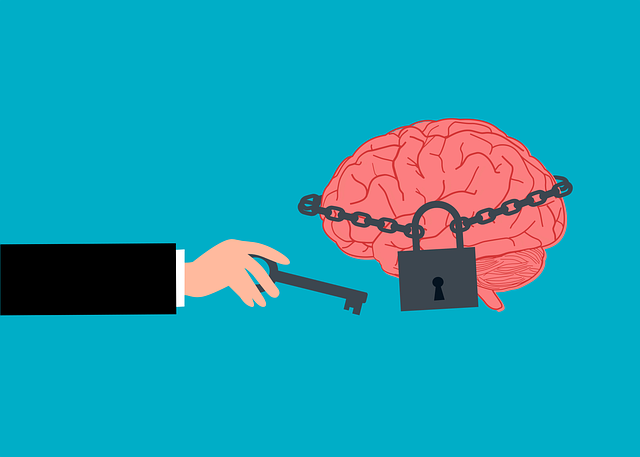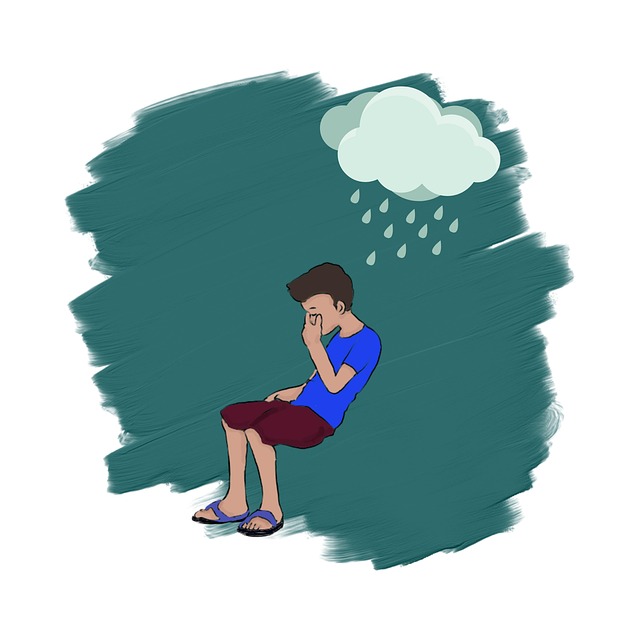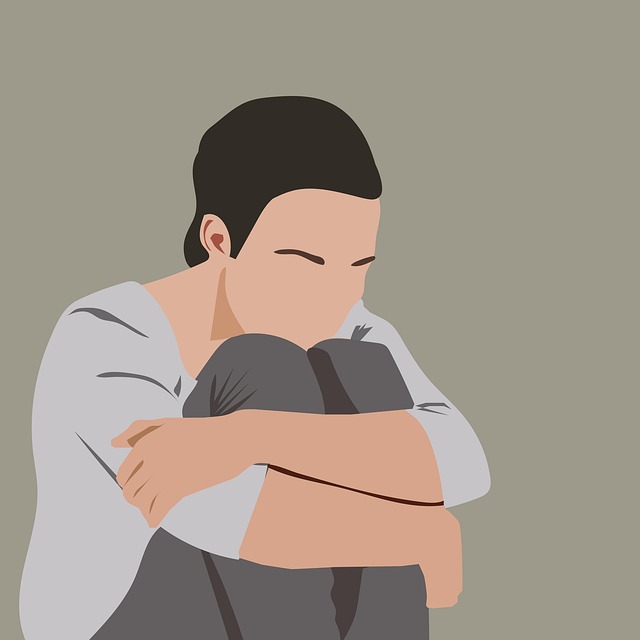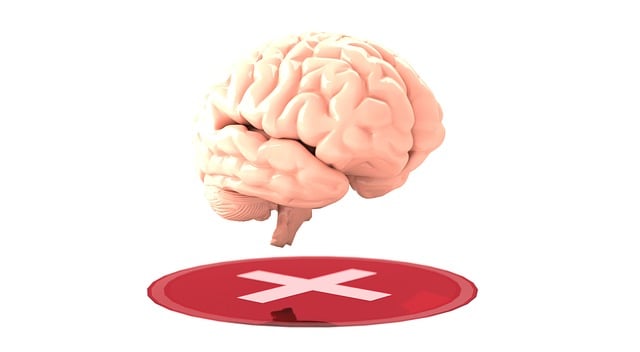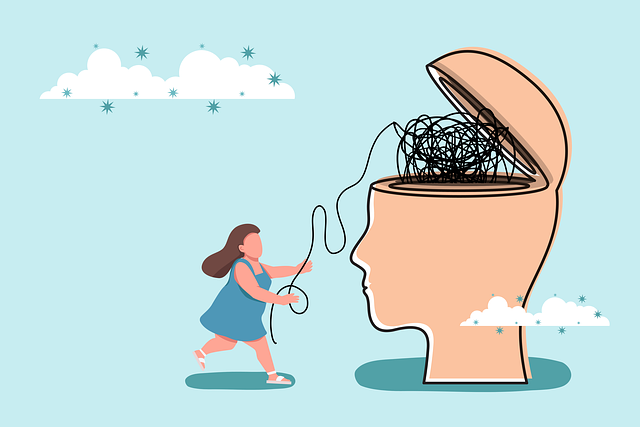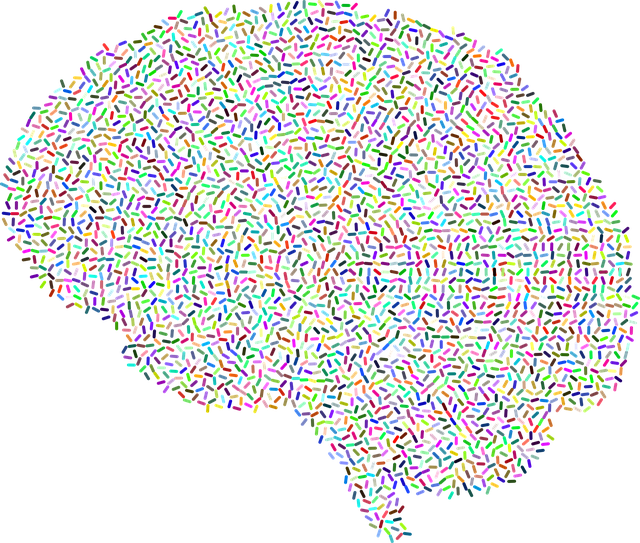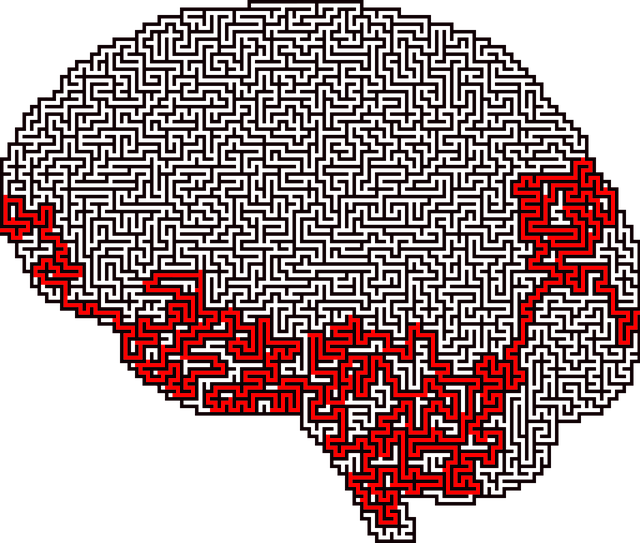Postpartum depression (PPD) affects many new mothers, but specialized Longmont Postpartum Depression Therapy offers hope through resilience-focused mindfulness and empathy-building strategies. This holistic approach combines cognitive techniques with mindfulness practices, ensuring culturally sensitive care in a non-judgmental environment. By addressing physical, emotional, and mental aspects, the therapy helps mothers build coping skills, reduce stigma, and promote mental wellness, ultimately empowering them to heal and navigate their post-pregnancy lives effectively. Longmont Postpartum Depression Therapy serves as a game-changer in mental health policy analysis, encouraging early intervention and better outcomes for mothers and children.
“Postpartum depression (PPD) affects many new mothers, and understanding its root causes is key to prevention. RFM (Risk, Frequency, and Severity of negative experiences) analysis identifies factors contributing to PPD, with resilience-building exercises emerging as powerful tools for mental health support. This article explores the impact of these exercises on tackling PPD, featuring Longmont Postpartum Depression Therapy’s holistic approach. We delve into designing effective training programs and share real-life success stories, emphasizing the importance of RFM in building resilience.”
- Understanding RFM and Its Role in Postpartum Depression
- The Impact of Resilience Building Exercises on Mental Health
- Longmont Postpartum Depression Therapy: A Holistic Approach
- Designing Effective Resilience Training Programs
- Real-Life Success Stories: Overcoming Postpartum Challenges
Understanding RFM and Its Role in Postpartum Depression

Postpartum depression (PPD) is a significant mental health concern that can impact new mothers, affecting their ability to care for themselves and their infants. Longmont, CO, offers specialized support through RFM (Resilience-focused Mindfulness) therapy, a promising approach in addressing PPD. This therapeutic method focuses on building resilience and promoting mental wellness, which are crucial aspects of overcoming postpartum challenges.
RFM combines mindfulness practices with cognitive strategies to help individuals develop coping mechanisms for stress and anxiety. By fostering cultural sensitivity within the mental healthcare practice, Longmont’s therapists create an environment where new mothers feel understood and supported. Public awareness campaigns development around PPD can play a vital role in normalizing conversations about mental health, reducing stigma, and encouraging early intervention. This, in turn, can lead to better outcomes for both mother and child.
The Impact of Resilience Building Exercises on Mental Health

Resilience-building exercises have been shown to significantly mitigate the impact of mental health conditions like postpartum depression in Longmont. By fostering coping mechanisms and enhancing emotional regulation, these strategies empower individuals to better navigate life’s challenges. For new mothers, who are particularly vulnerable to postpartum depression, incorporating resilience training into their support systems can offer a transformative approach to healing and well-being.
In the context of healthcare, burnout prevention strategies for providers often incorporate elements of resilience building. This is crucial not only for maintaining provider mental health but also for improving patient care. Moreover, reducing the stigma associated with mental illness through these exercises can create safer spaces for individuals to seek help, contributing to more effective mental illness stigma reduction efforts.
Longmont Postpartum Depression Therapy: A Holistic Approach

In Longmont, Postpartum Depression Therapy offers a holistic approach to addressing the unique challenges faced by new mothers. This therapeutic process goes beyond treating symptoms and delves into the root causes of postpartum depression, focusing on the interconnectedness of physical, emotional, and mental well-being. Through tailored Empathy Building Strategies, experienced therapists guide mothers through effective Crisis Intervention Guidance, empowering them to navigate the intricate Emotional Healing Processes required for recovery. By fostering a safe and non-judgmental environment, this therapy equips women with the tools necessary to cultivate resilience and rediscover joy in their post-pregnancy lives.
Designing Effective Resilience Training Programs

Designing effective resilience training programs is an art and a science, especially when catering to specific populations like new mothers facing postpartum depression in Longmont. These programs should be tailored to address the unique challenges they face, incorporating evidence-based strategies for building mental resilience. A well-structured program can enhance participants’ ability to cope with stress, anxiety, and depressive symptoms while fostering a sense of empowerment.
The key to successful training lies in combining cognitive-behavioral techniques with mindfulness practices, ensuring cultural sensitivity in healthcare delivery. Incorporating confidence-boosting activities and interactive discussions can engage participants actively in their healing journey. Additionally, integrating elements from the Mental Wellness Podcast Series Production might offer creative ways to share experiences and knowledge, making the learning process more dynamic and relatable.
Real-Life Success Stories: Overcoming Postpartum Challenges

Many new mothers in Longmont experience postpartum challenges, often in the form of depression or anxiety. These struggles can be deeply personal and isolating, but several success stories highlight the power of seeking help and employing resilience-building exercises. Through specialized Longmont Postpartum Depression Therapy, women have found solace and strength. This therapy incorporates Mind Over Matter Principles to empower individuals in understanding and managing their emotions during this transformative phase.
The journey towards emotional healing often involves a combination of talking therapies, lifestyle adjustments, and coping strategies tailored to each person’s unique needs. By embracing these processes, many mothers have successfully navigated postpartum hurdles. Their stories serve as a reminder that seeking support is not a sign of weakness but rather a crucial step in Mental Health Policy Analysis and Advocacy, promoting understanding and resources for those facing similar challenges.
The journey towards resilience and mental well-being is a personal one, especially for new mothers facing postpartum depression. By combining traditional therapy with innovative resilience-building exercises, as exemplified by Longmont Postpartum Depression Therapy’s holistic approach, individuals can navigate this challenging period effectively. These exercises empower women to confront and overcome their struggles, fostering a sense of control and strength. With the right support and tailored programs, recovery is achievable, as evidenced by numerous success stories. Understanding RFM and adopting comprehensive strategies like those offered in Longmont Postpartum Depression Therapy are vital steps toward reducing the impact of postpartum depression and enhancing overall mental health.

